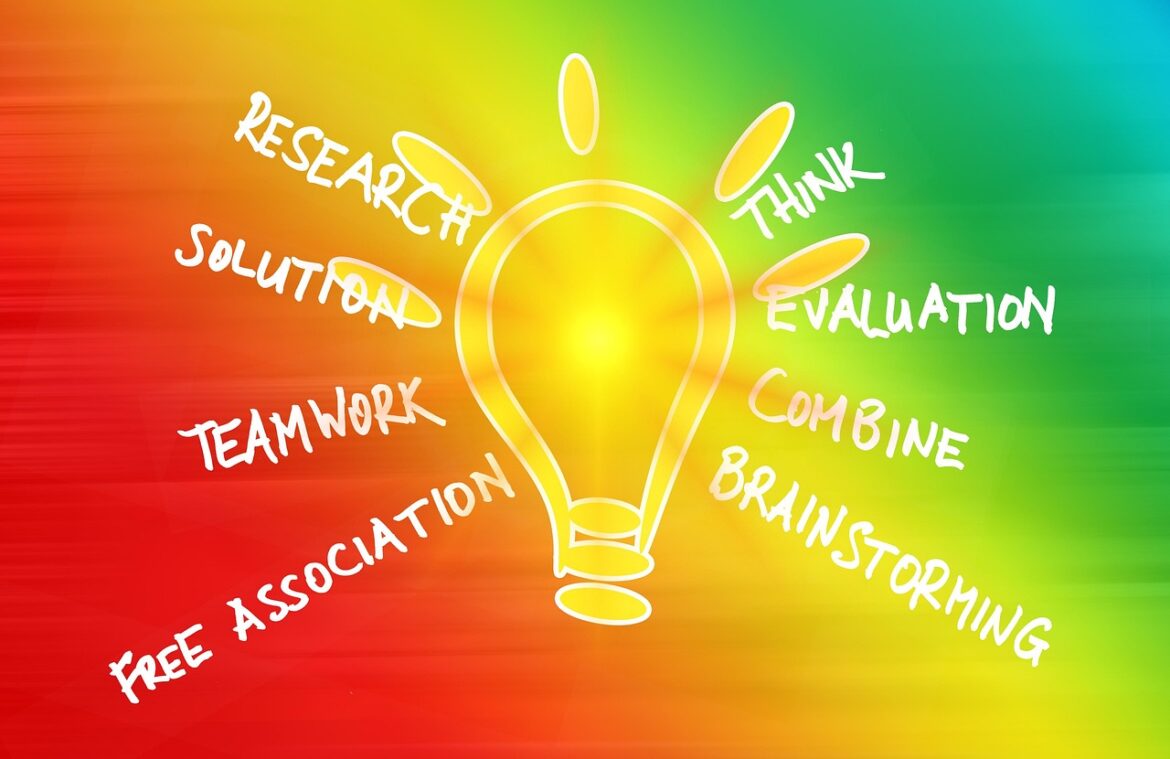Leadership continues to evolve rapidly in 2025, with emerging frameworks redefining how leaders navigate challenges and drive innovation. Let\u2019s dive into five trending approaches that are shaping effective leadership today:
1. AI-Driven Leadership As AI adoption accelerates, leaders face a litmus test: Will they integrate AI into their organizational DNA to create agile and inclusive teams? Successful leaders are transforming AI from a technical tool to a strategic enabler. By co-creating AI strategies with their teams, positioning AI as a creativity accelerator, and building inclusivity in its usage, organizations achieve higher engagement and innovation. This approach fosters a future-ready culture while mitigating AI adoption disparities among underrepresented groups.
2. Adaptive Leadership in Hybrid Work Environments With remote and hybrid work here to stay, adaptive team management is now a critical skill. Leaders must inspire trust and cohesion among dispersed teams through effective use of collaboration tools, flexible policies, and virtual team-building activities. This framework emphasizes flexibility, continuous learning, and personalized leadership approaches to meet evolving employee expectations.
3. Transformative Leadership for Systemic Change Systemic challenges require transformative mindsets. This leadership framework focuses on developing cognitive capacity, systems thinking, and shared ownership through frameworks like Direction–Alignment–Commitment (DAC)™. Effective transformative leaders align diverse stakeholders, promote resilience, and address large-scale societal and organizational issues with a collaborative approach.
4. Vertical Development for Complex Problem-Solving Traditional leadership development focuses on knowledge, but vertical development emphasizes expanding leaders\u2019 cognitive complexity and emotional intelligence. By fostering deeper understanding and systems thinking, this approach equips leaders to navigate interconnected global challenges effectively.
5. Intentional Leadership for Long-Term Impact Intentional leaders focus on discipline, influence, and fostering growth in themselves and others. This three-step framework includes stepping outside comfort zones, providing consistent feedback, and balancing soft skills like emotional intelligence with hard skills like strategic planning. By leading with purpose and consistency, leaders inspire lasting change.
Pros and Cons of These Frameworks
- Pros: Encourages innovation, inclusivity, and adaptability; aligns leadership with futuristic challenges; builds stronger team cultures.
- Cons: Requires significant training and buy-in; can be resource-intensive; demands a high degree of flexibility and continuous learning from leaders.
Incorporating these frameworks can equip leaders to navigate the complexities of 2025 and beyond effectively. From AI integration to fostering resilience in hybrid teams, a forward-thinking leadership style is the cornerstone of sustained success.
References:
- https://www.reworked.co/leadership/ai-is-your-leadership-test-will-you-build-a-future-ready-culture-or-get-left-behind/
- https://www.kornferry.com/insights/featured-topics/leadership/top-5-leadership-trends-2025
- https://trainingindustry.com
- https://www.judge.com/resources/blogs/why-technical-leadership-matters/
- https://www.ccl.org/articles/leading-effectively-articles/leadership-development-as-force-multiplier-for-systemic-solutions/
- https://www.workitdaily.com/brand-messaging-framework
- https://brandonhall.com/the-future-of-learning-2025-upskilling-trends-strategies-for-ld-leaders/
- https://www.youtube.com/watch?v=W3_TXKSCRuk
- https://www.mylearningplan.com/webreg/catalog.asp?H=1&D=13064
- https://www.gartner.com/en/articles/2025-trends-for-cdaos



